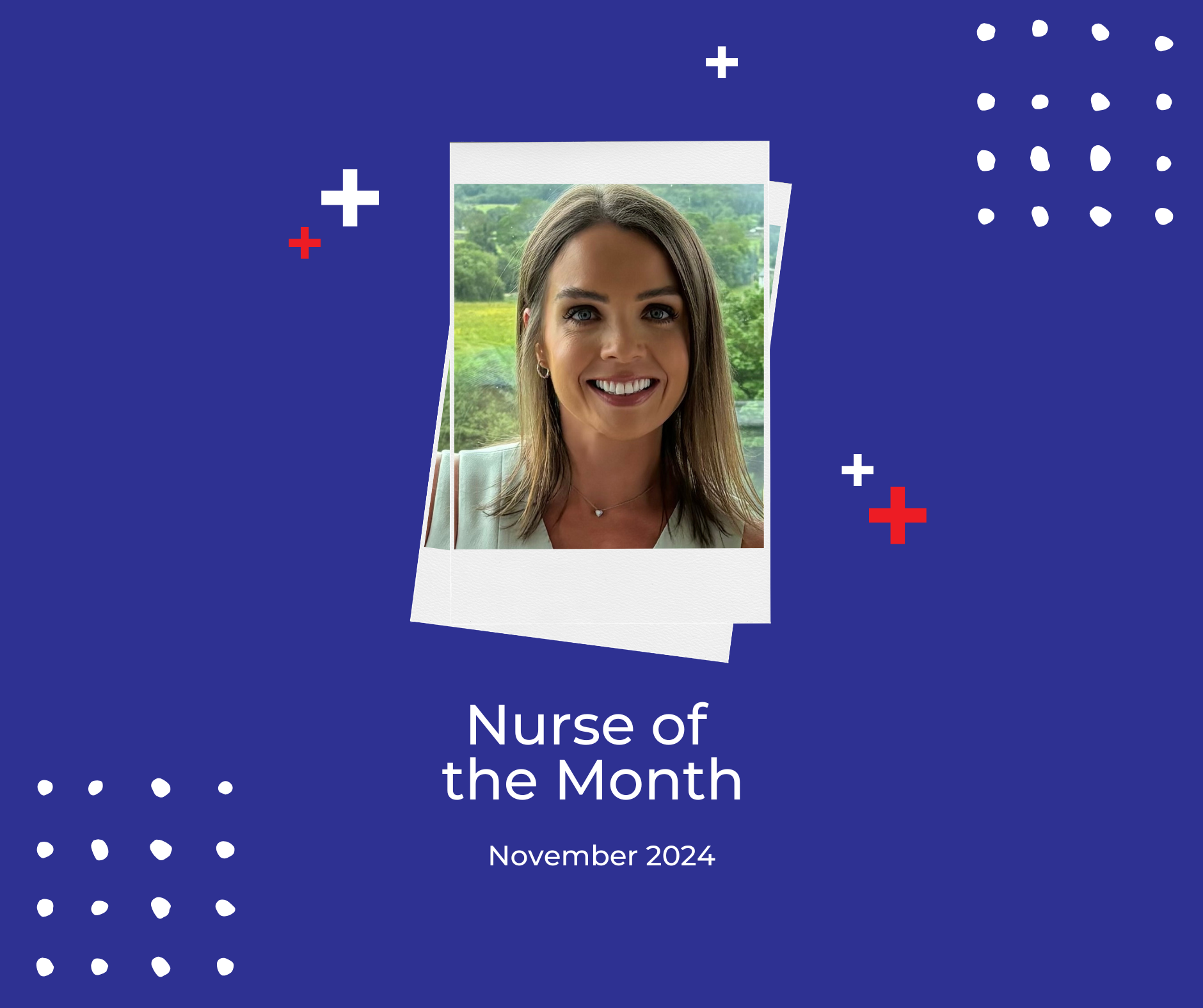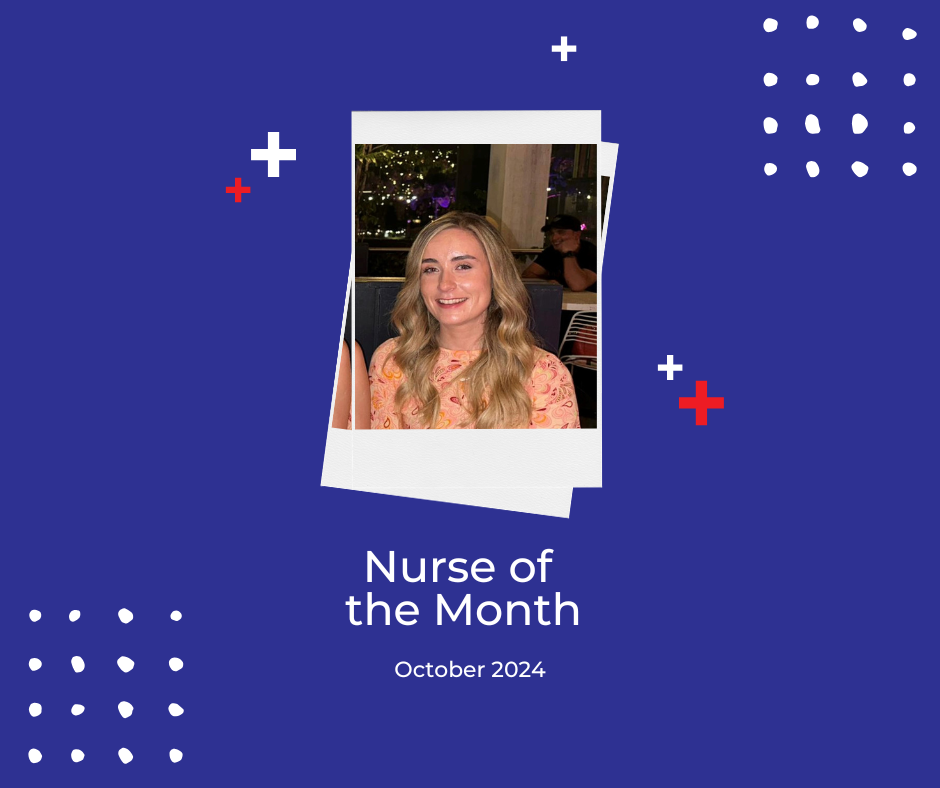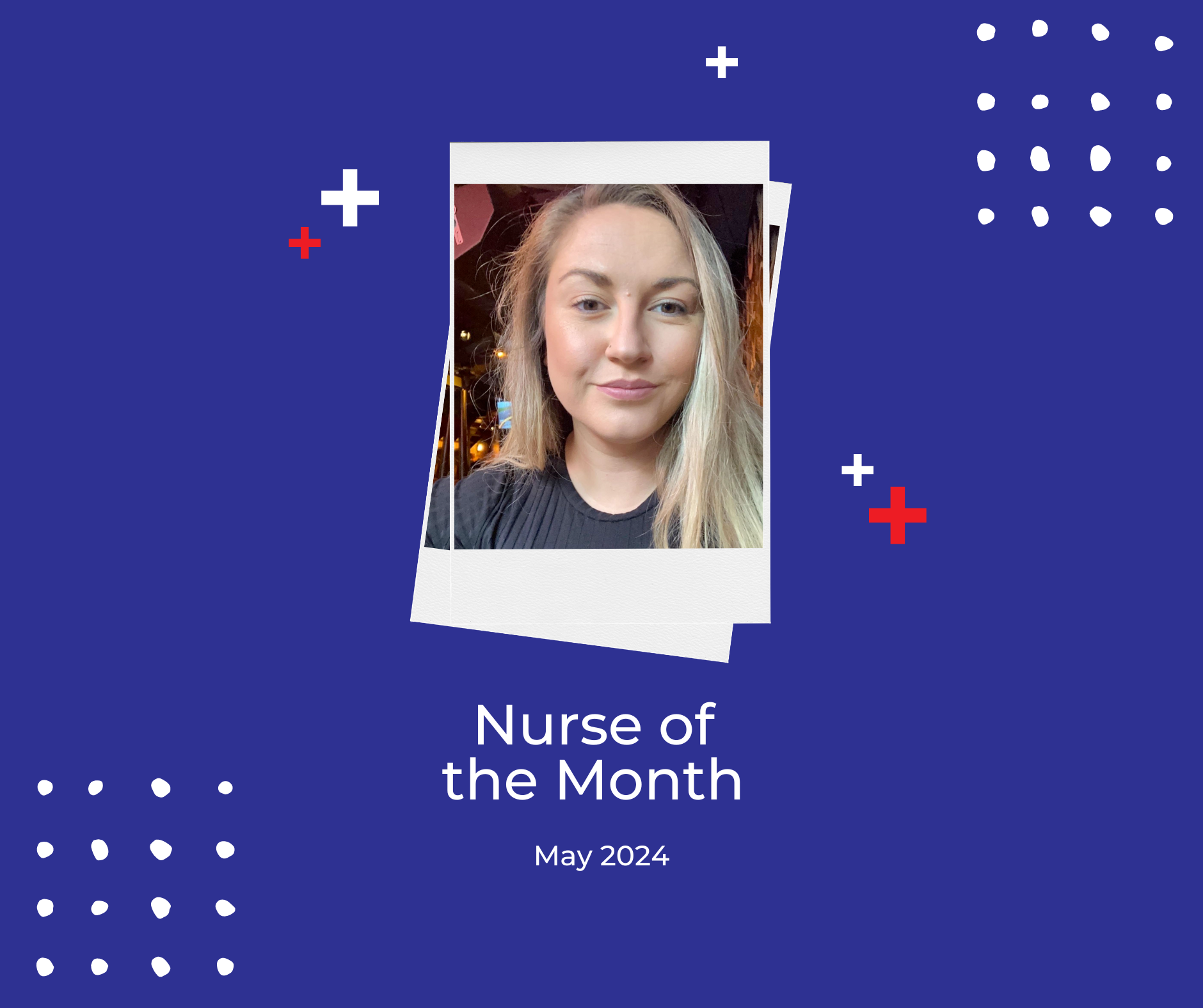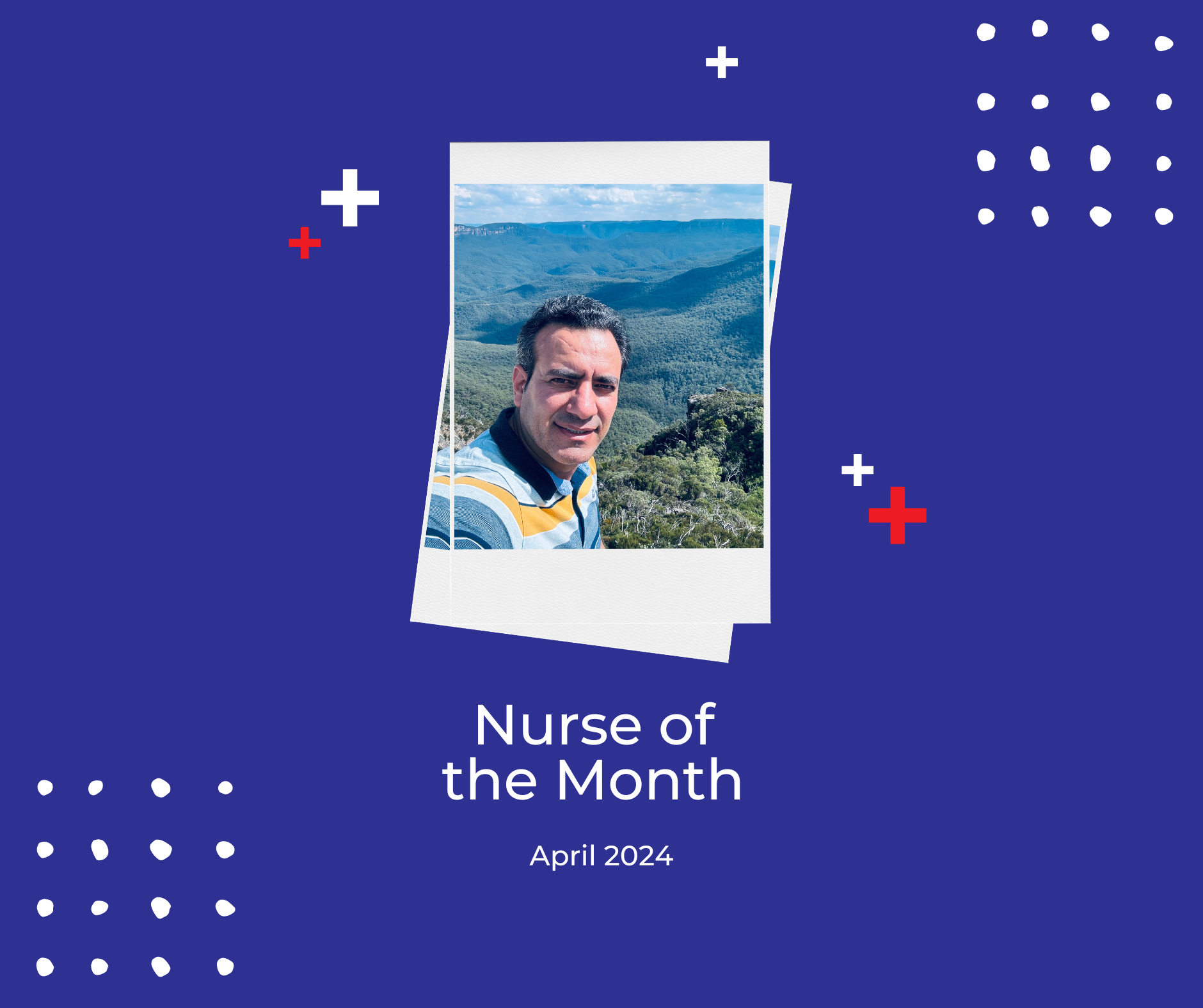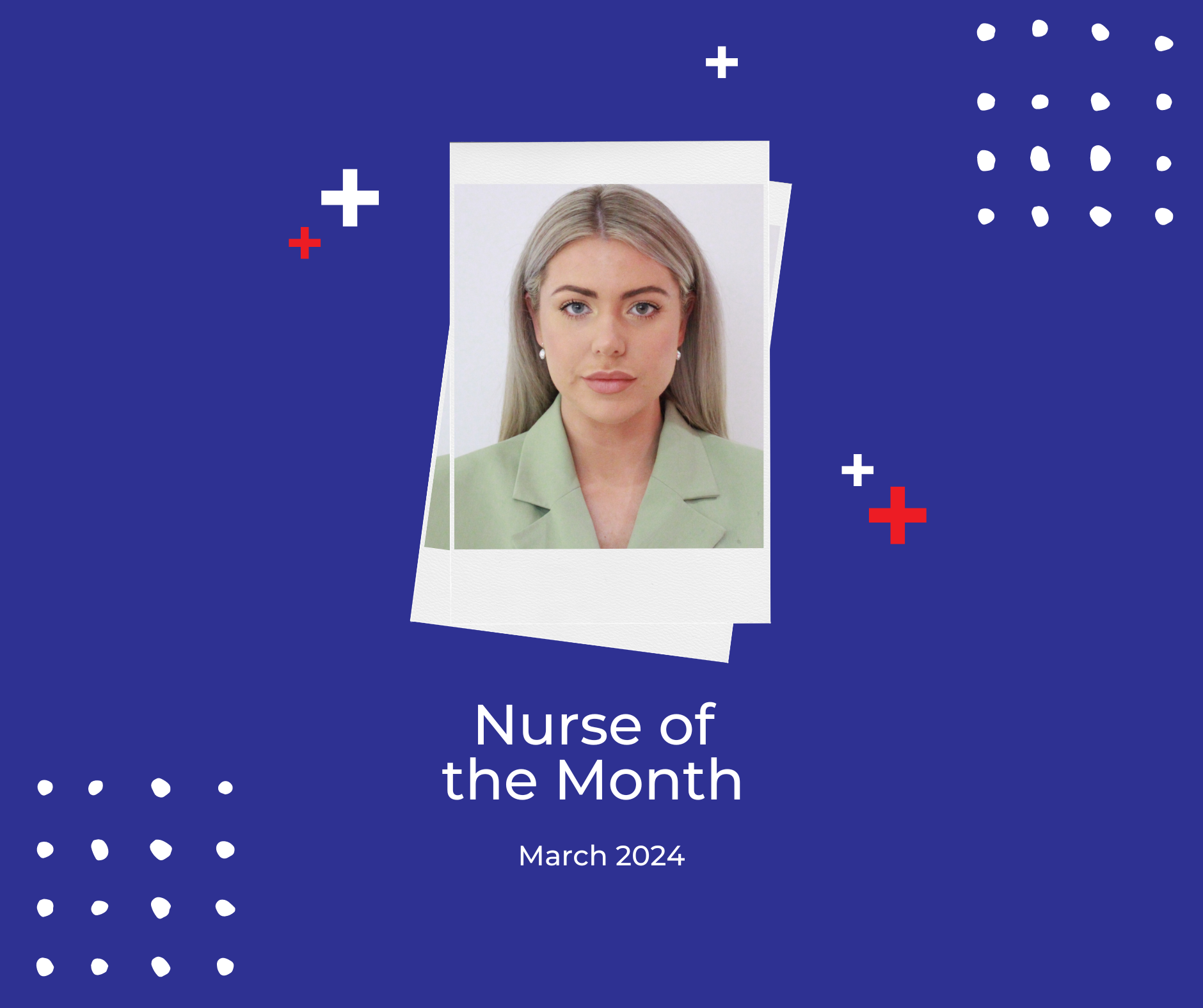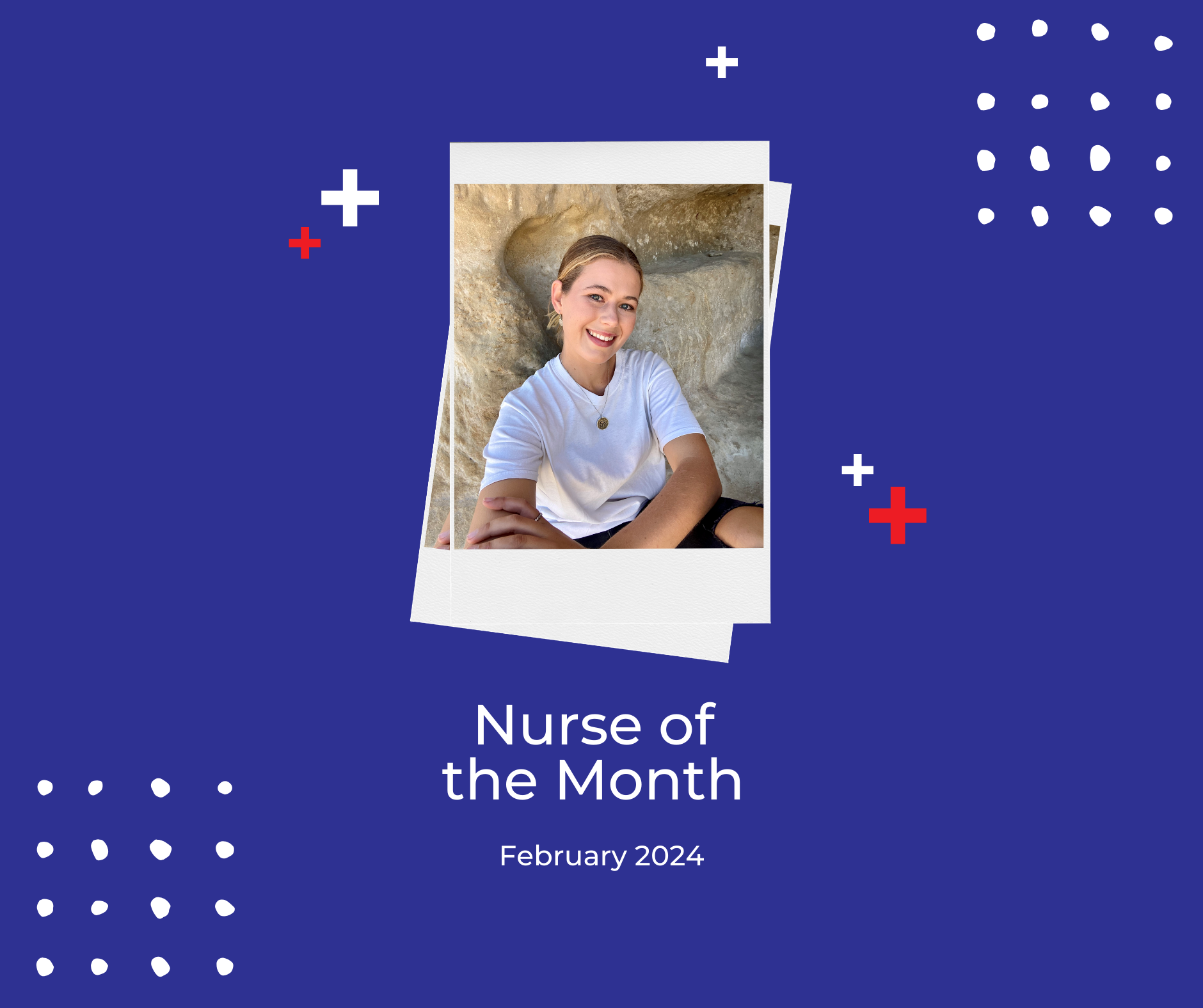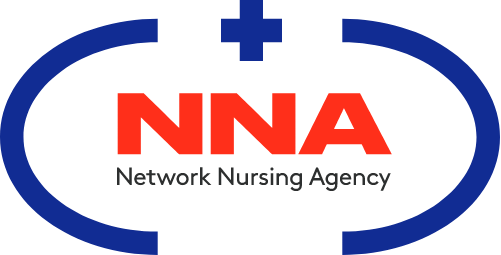What does it mean to be a disability support worker? And why should you consider it as a career in 2022
Looking for a meaningful job in 2022? Working in the disability support sector is a rewarding career that has the potential to make a positive and lasting impact in the lives of others. Whether you're thinking about a career change, have recently had a redundancy, or want to make a difference in the work you do, here is why a career in disability support is one worth considering.
Why would I want a career in disability support?
The past few years have highlighted just how valuable essential workers are in our community. Disability Support Workers are considered essential workers and provide critical services to some of the most vulnerable people in our community.
If you’re someone who takes a lot of self-fulfilment from your work, disability support work is a way to make a meaningful difference in someone’s life and do something you value in a moral sense.
Some other benefits include:
- Flexibility: Many providers have flexible or casual arrangements with their staff. For example, at NNA Direct Support Service, our mobile app, Skedulo, gives staff the freedom to set their availabilities for better work-life-balance.
- No one day is ever the same: Disability support work is varied and challenging. From helping with day-to-day living to community access activities, disability support workers work with people with a range of abilities in various ways.
- Secure work that is in high demand: With plenty of opportunities in the disability support sector, you can be confident that there is always going to be a need for disability support workers. Thanks to the National Disability Insurance Scheme (NDIS), there are literally thousands of jobs in the sector. Last year, there was an estimated shortage of about 120,000 workers across Australia.
What work I can expect to do as a disability support worker?
The day-to-day activities of a disability support worker will depend on the people you work with. But broadly speaking, support workers assist with daily physical tasks (cooking and personal care), emotional support (helping people remain connected to family and friends) and social and community access activities (companionship and social outings).
Some of the most rewarding parts of working as a disability support worker is forming relationships with people and helping them maximise their independence. This is an important aspect to the job, as often people with disabilities don’t simply want things to be done for them, they would prefer to do things themselves.
Working in disability work requires empathy. In other words, you need to be able to put yourself in the other person’s shoes and avoid making assumptions about people. The Australian Federation of Disability Organisations have put together some helpful tips on how to communicate with people with different disabilities to avoid rookie errors (or accidentally offending someone).
Do I need formal qualifications to work as a disability support worker?
The short answer is no, most employers don’t require formal qualifications. But you will need to complete an NDIS Worker Screening Check, a police check and in some organisations a First aid and CPR is mandatory. You will need to complete the mandatory NDIS worker orientation module. You can also obtain a higher education, like a Cert III in Individual support or a certificate in Disability or Community Services, as well as gaining relevant work experience can improve your chances of landing a job. A current Australian Driver’s license and form of transport is essential for community and home-based support, as is a Working with Children’s Check if you are working with people under 18.
Sounds great! How do I get started?
Before applying for jobs, we recommend getting a feel for the nature of the work and experience supporting people with different types of disabilities. Volunteering is a great way to get a sense for the sector and the types of support work you enjoy.
Ready to make the jump? Head over to our
jobs board to check out some of the rewarding disability support roles we have available right now.
Need NDIS nursing support at home or know someone who does?
Connect with us to learn how NNA Direct Support Service can work with you.
